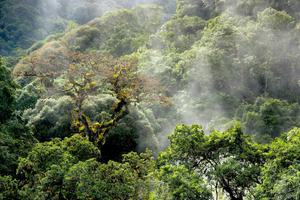The U.S. Justice Department is investigating a group of Alabama beach volleyball players who, in order to make a court in the sand, removed and destroyed hundreds of eggs from incubating least terns, a federally protected species.
Biologists from the Birmingham, Alabama chapter of the Audubon Society said that while doing bird surveys last month on Sand Island along the Gulf of Mexico, Audubon staff members found that the beach volleyball players had severely damaged a colony of nearly 600 nesting pairs of least terns. The Audubon workers said that on a two-acre stretch of beach they found a volleyball net, abandoned tent poles, and at least 100 least tern nests had been destroyed to build a court.
The incubating least tern adults had apparently been chased away, leaving their eggs — one to three per nest — to cook in the sun, killing the embryos. Incubating adults help keep the eggs cool in the hot sun, and even a few hours of direct exposure to the summer sun can kill the embryos, a state biologist said.
Audubon said that other least tern eggs were stacked in small piles around the makeshift volleyball court, also killing the embryos. “What was really sad,” said Katie Barnes, a senior biologist with Birmingham Audubon, “[is] that there was a bird that was still trying to incubate her egg in that pile.”
The size of the least tern colony on Sand Island, just off the popular tourism destination of Dauphin Island, surprised the Audubon staff members. But on closer inspection, they discovered the abandoned volleyball court and the addled eggs. The area had not been fenced off, as other least tern colonies often are along the U.S. coast. Audubon workers returned the following day, roped off the area, and posted warning signs from the U.S. Fish & Wildlife Service (FWS).
Least terns are protected under the Migratory Bird Treaty Act, and the destruction on Sand Island has triggered an investigation by the FSW and the U.S. Justice Department, Audubon said.


